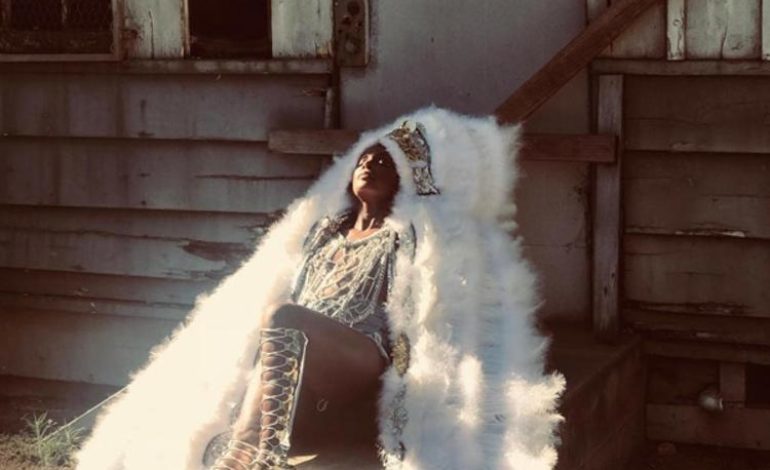

Living her own empowerment
Dawn Richard came up in the girl group Danity Kane in the mid-2000s. Later, Dawn struck out on her own, without a group and without a label. On new breed, Dawn brings attention to her Louisiana Creole heritage, starting with the image on the cover of her in Native American garb.
new breed can be called artsy and modern R&B. The core is R&B, but Dawn dips this core into everything: pop, funk and electronic, just to name a few. There are piano-led tracks like “We Diamonds,” and you have synth-funk cuts like “Shades.” The styles are done tastefully. Dawn takes influence from the Knowles sisters. The things she says are very Beyoncé. On “Shades” and “Sauce,” Dawn uses sex as empowerment like Queen Bey, but the way she puts things together is very Solange. The voice recordings between songs, as well as use of vocals in the background, are reminiscent of A Seat at the Table.
While Dawn uses a whole army of sounds, they all contain constant rhythmic elements a la R&B. Also, Dawn’s voice is present throughout the album. On the intro and “Wolves,” her voice is laced into the beat, a cappella style. On many other tracks, she splices in vocal flourishes to add color. In this way, the album does not become messy with its genre-mixing.
Dawn is not the most stand-out vocalist on the block, but her voice is sweet and conveys emotion. Oftentimes, Dawn is audibly gasping at the start or end of a phrase, and it adds character. Dawn gives one of her best vocal performances on “Jealousy,” which really pops on the hook. The lyric about “wanting petty to win tonight” is great.
new breed is an ambitious undertaking. However, it does not make a perfect landing. Sonically, while each style is done well and they fuse into an album nearly seamlessly, the album can still be rather predictable. None of the sounds are standout in the larger world of music. Many of the instrumentals could appear on any number of alternative R&B records. “Vultures” might be most guilty, with an airy atmosphere that could probably be playing on the radio right now. The sliding synth octaves on “Shades” also sound pretty generic.
As previously mentioned, Dawn seems to be inspired by Beyoncé and Solange. Sometimes these two sides clash. Some of the song topics are sexual or about love (more Beyoncé), while others, including the voice clips between tracks, are more heady and conscious (more Solange). Some might say this adds variety to the record, and some might say it makes understanding the album as a single product very difficult. Despite a bit of thematic clashing, ideas of empowerment flow throughout the album, especially for women. This is made more poignant for the fact that this album comes from a self-proclaimed “Black Indian” woman who hustles to release her music independently.
